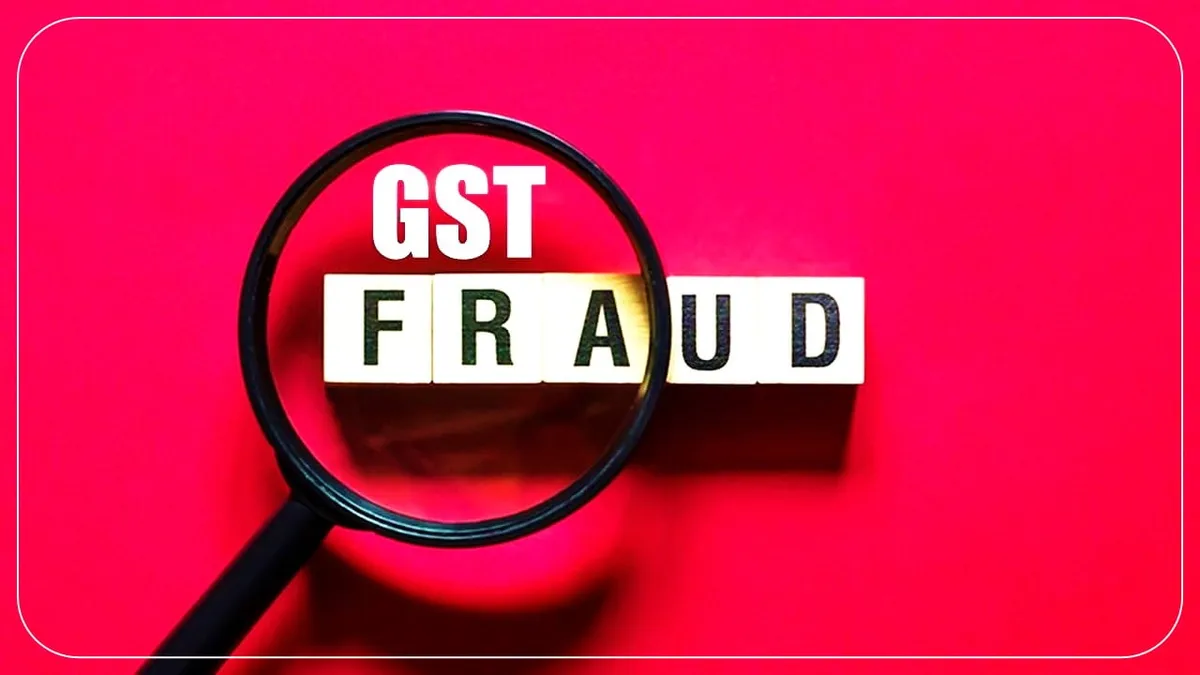Central and State Goods and Services Tax (GST) officers have uncovered 25,009 fake firms involved in fraudulent Input Tax Credit (ITC) claims amounting to a staggering ₹61,545 crore during the financial year 2024-25, according to officials.
As part of the enforcement efforts, authorities successfully recovered ₹1,924 crore by blocking illicit ITC claims and arrested 168 individuals connected to the scam. These efforts highlight the increasing vigilance of tax authorities against fake GST registrations and sham transactions aimed at defrauding the exchequer.
₹1.01 Lakh Crore in ITC Frauds Over Two Years
When combined with the previous financial year (2023-24), a total of 42,140 fake firms have been detected over the last two fiscal years. These firms were allegedly involved in generating fraudulent ITC worth over ₹1.01 lakh crore. So far, ₹3,107 crore has been recovered through blocked ITC entries, and 316 arrests have been made during this two-year period.
ALSO READ: “DFIR Capability Maturity Assessment Framework” by ALGORITHA
What Is ITC and Why It Matters
Under the GST framework, Input Tax Credit (ITC) allows businesses to offset the tax they pay on purchases against the final tax liability on sales. However, exploiting this mechanism through bogus invoicing and fake registrations has become a persistent issue, draining government revenue and distorting the tax ecosystem.
A senior official stated that the Central and State GST departments, along with the GST Network (GSTN), have enhanced intelligence-sharing, tightened scrutiny over suspicious e-way bill activity, and initiated targeted investigations to prevent fraudulent registrations and ITC claims.
Stricter Compliance Measures Rolled Out
In response to rising instances of fake ITC claims, the government has implemented several safeguards in the GST registration process. While non-risky applicants receive GST registration within 7 days, those flagged as high-risk—based on data analytics—must undergo physical verification and Aadhaar-based authentication before approval.
Additionally, enforcement officers are empowered under the GST Act to:
-
Block ITC in the electronic credit ledger
-
Suspend or cancel GST registrations
-
Attach bank accounts and properties provisionally for recovery
-
Prosecute individuals found guilty of fraudulent ITC claims
ALSO READ: Call for Cyber Experts: Join FCRF Academy as Trainers and Course Creators
National Enforcement Coordination
To bolster coordination, the government has convened two national conferences for enforcement heads of Central and State GST formations. These meetings aim to align enforcement strategies and ensure fraud prevention without compromising the ease of doing business.
The sustained crackdown reflects the government’s resolve to safeguard the integrity of the GST system while cracking down on tax evasion networks that exploit registration loopholes and digital invoice manipulation.


